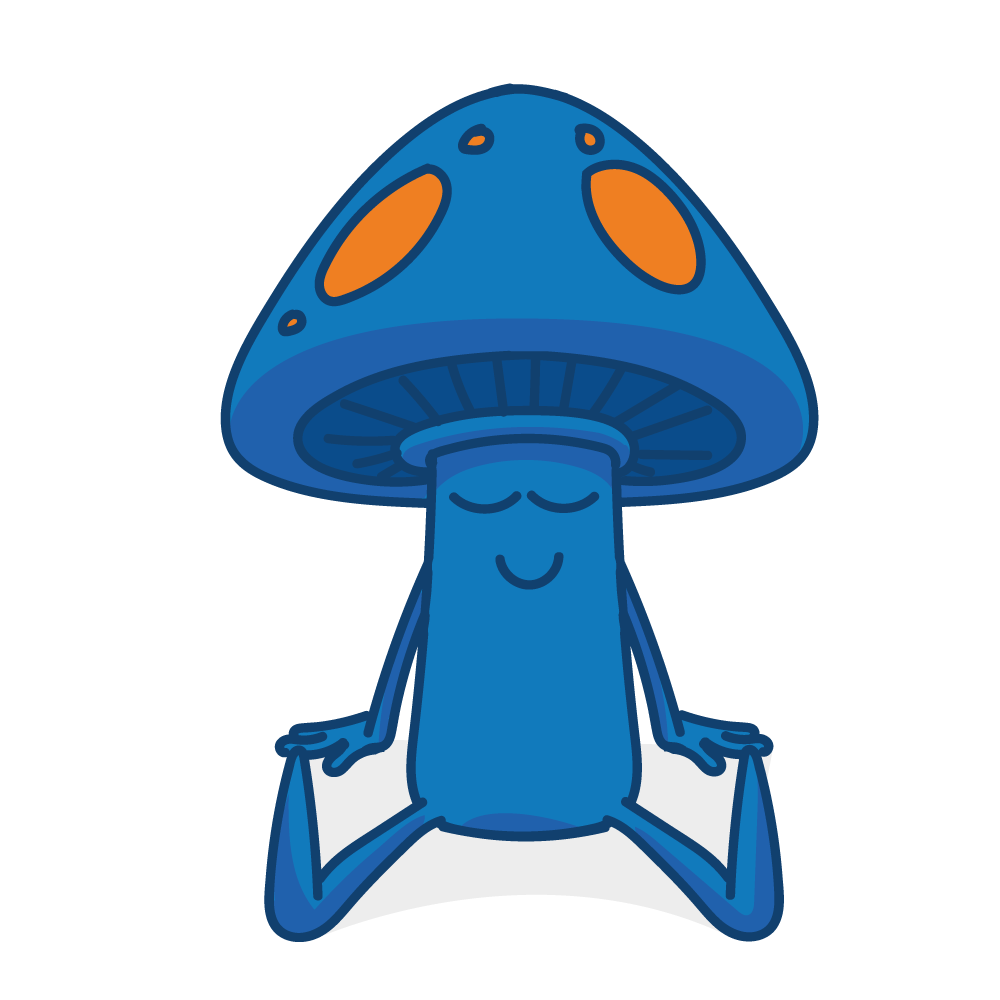What is Guilt?
Guilt can be defined as a sense of remorse or distress for your actions, words, or thoughts. It can happen when you feel you are responsible for a negative outcome. This might range from harming someone, to going against your personal moral code of conduct.
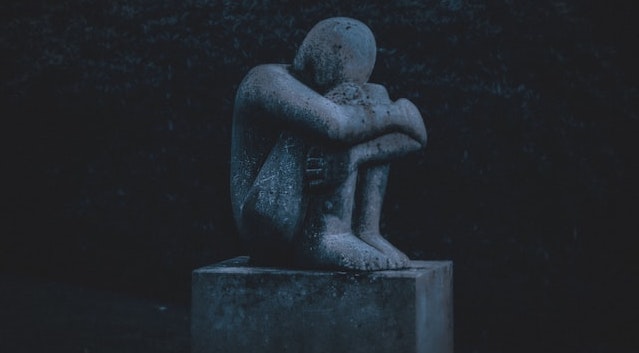
Guilt is a self-conscious emotion. Self-conscious emotions originate from our processes of introspection and self-evaluation, as well as our perceptions of how others see or value us.
Psychoanalyst Sigmund Freud proposed that we experience our first waves of guilt due to fear of punishment from our parents. Other psychological models (because Freud should always be taken with a pinch of salt) suggest that guilt stems from our human ability to feel love and compassion. When we harm someone or something we care about we feel responsible — and thus feel guilt.
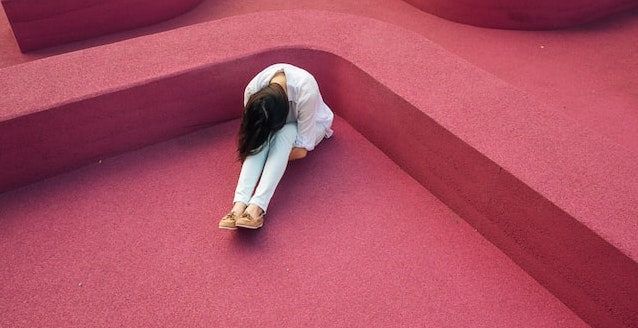
A 2018 study indicates that guilt is a social emotion that is learned. It could have evolved in us to facilitate cooperation and successful interaction within communities. In this way guilt can sometimes have positive outcomes as it encourages us to do better next time.
Guilt is a Spectrum
Of course guilt is a spectrum. The guilt felt by a veteran of a war, or a medic who could not save someone is vastly different to the guilt felt when you eat the last cookie. However, in many circumstances, feeling guilt can be a sign that you need to address or look closer at certain behaviors or situations you engage in. Additionally, it can help guide you towards making amends for what has gone wrong.
Guilt is Sometimes Misplaced
On the flipside, it is not uncommon for a person to feel guilt for situations that were not necessarily their fault at all. For example, survivor guilt is a form of guilt that stems from witnessing or knowing that others have gone through traumatic events and you have not. This can happen to those who have lived through a war, a terrorist attack or natural disasters, among other things.
Another type of guilt can emanate from feeling that you have not lived up to your or your loved ones aspirations for yourself. A feeling that you have not reached your potential, or that you made the wrong decisions in life, can cause a self-destructive guilt that affects people in their day-to-day.
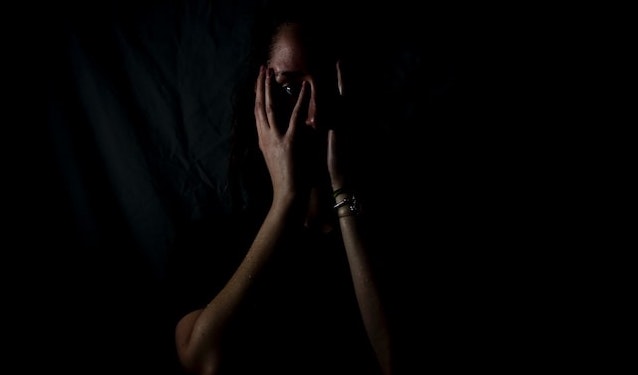
Whether you are suffering from misplaced guilt, or appropriate guilt for something you’ve done, there are effective and responsible ways to deal with it.
How Can We Begin to Move Past Guilt?
Moving forward from guilt means first identifying its source. You can start by asking yourself these questions:
- Can you identify what happened to cause this guilty feeling?
- Can you identify the specific aspect of it you feel guilty about?
- Did you actually do something wrong or are you just perceiving that you did?
- Is someone else purposely making you feel guilty?
- Is it within your control to fix the situation?
- Will fixing the situation help?
Once you have identified the answers to these questions you can begin to understand and move past your guilt.
However guilt can also be associated with anxiety disorders, PTSD (post traumatic stress disorder), depression, and OCD (obsessive compulsive disorder).
Can Psychedelics Help With Feelings of Guilt?
This is where ‘classic’ psychedelics such as psilocybin from magic mushrooms and truffles come in. Studies have shown them to be effective at treating everything from PTSD to anxiety disorders when combined with therapy. Why should guilt, a feeling often intertwined or parallel to these conditions, be so different?
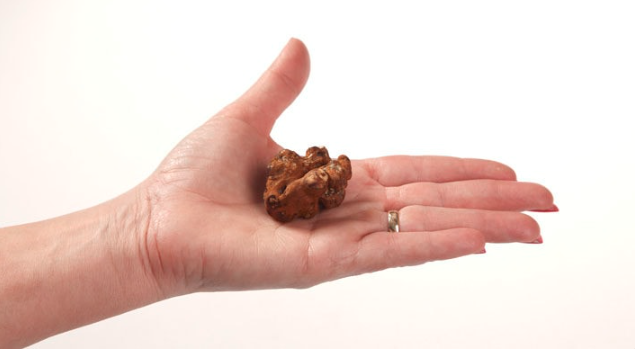
Psychedelics Cause Mystical Experience Which Can Help Us To Forgive Ourselves
One of the unique benefits of classic psychedelics is that they can cause ego-dissolution and mystical experiences. This induces feelings of oneness with the world, a connection to a bigger picture, sacredness, and self love.

They can induce and foster a feeling of purpose and personal meaning, creating an alternative to feeling negativity towards oneself.
Psychedelics Help Us to Re-Define Ourselves
Additionally, the ego-relaxing effects of psilocybin and other psychedelics allow people to re-examine and redefine their concept of self. Their identity can be re-evaluated as a more complex and broad entity. For example, rather than seeing yourself as just one thing — such as a nurse who cannot save all their patients, you can embrace your multitudes. You are a nurse yes, but also a friend, a parent, a son or daughter, a creative, a dog lover etc. etc. In this way the aspects of your life that can cause guilt can be de-centred from your identity. The ‘self’ is many things.
Research also suggests that psychedelics can foster feelings of self-forgiveness, self-compassion, and acceptance.
Of course, if you have persistent and unmanageable feelings of guilt it is very important that you speak to a qualified mental health professional.
10 Tips To Help You Deal With Guilt
Before you might embark on any psychedelic healing with magic mushrooms, here are 10 tips to help you deal with guilt. It is best to come to a psilocybin trip prepared, knowing what you want to get out of it. This is called intention. Even if you do not choose to try psilocybin for feelings of guilt, these tips will help you to move forward in your life.
Acknowledge Guilt
Identify what is the root cause of your guilt. Sometimes when we are feeling low, it is hard to identify what we are actually feeling. Lack of sleep, general anxiety or depression can be the symptoms caused by guilt. They can also be the symptoms of something else, or just purely the feelings themselves. Once you can be sure that guilt is the root of your feelings, and you can identify what caused it, you can work out your next steps.
Is it a Valid Reason to Feel Guilty?
Sometimes we find that guilt is no longer warranted because the person(s) we may have hurt has already forgiven us or moved on. Why not actually start a conversation? You may discover you have been holding on to this guilt for no reason. You may even be able to work through it together.
Make Amends
If you haven’t already, it’s time to make amends. Apologize — and mean it. You will be surprised how much this can help. If you can no longer make amends — if you are no longer in contact with the person or they have passed away, writing down an apology can be cathartic. Afterwards you could burn it, or keep it, whichever gives you the most closure.
Stop Beating Yourself Up
Once you have made amends, it’s time to stop beating yourself up. Although guilt can inspire you to take positive actions to make-up for what you’ve done, it can also cause you to associate bad choices with who you are as a person. This can lead to negative self-talk, and believing that you are a ‘bad person.’ A mistake does not have to define who you are moving forwards.
Remind Yourself of All the Good You Do
When you are feeling down on yourself, it might be hard to see past the negatives. However, it is important to remember all the good that you do in the world. You could try making a list of all of the good deeds and kindness you bestow on others. You may find that it outweighs the things you have done that you perceive as negative.
Think About Your Needs
Hey! It’s OK to have needs, y’know. Guilt can stem from the worry that you’re not generous with your time, energy, or money. Remembering that it is not possible for anyone to be everything for everybody all the time is key. Your needs are as valid as everyone else’s.
Establish Your Boundaries
Relating to the above advice, establishing boundaries is also key in communicating your needs to others. Unclear boundaries can cause misunderstandings which can cause guilt — warranted or unwarranted. Clear, healthy boundaries make your expectations clear. You know what you will accept from others in terms of behavior, and likewise, what they can expect from you.
Accept What You Can and Can’t Control
When examining the source of your guilt it is important to understand the aspects of the situation that were within your control and the ones that weren’t. If nothing can change what happened, then consider the ways you can help the situation now. Simply feeling guilty won’t fix or change what happened. Once you have done what you can do (and you may not be able to ‘do’ anything) have compassion for yourself and move forward.
Some things you can’t change. It’s OK to move on.
Consider Your Mental Health
If any mental health conditions or trauma are connected to your guilt, you should consider talking to a mental health professional. You can work with them to identify your issues and what you may need further help with — from a course of therapy, to creating strategies to help you cope.
Realize That Nobody’s Perfect
If part of your guilt is rooted in the high standards you hold yourself to, it is important to remind yourself that nobody’s perfect. We all make mistakes, but it doesn’t mean we are bad people. Throughout our lives we are learning and growing — it’s a journey that everyone goes through.
We all make mistakes.
In Conclusion:
To summarize our little guilt trip:
Moving on from guilt requires us first to identify where the feeling comes from and why you are feeling it. It may be a question of determining if your feelings are misplaced or if you have actually caused harm.
Acknowledge your feelings, make amends if you can, and forgive yourself. Psychedelics such as magic mushrooms can help, but make sure you are either experienced with them, or seek advice from a trained professional.
Finally, take responsibility, but also be compassionate for yourself. That is the pathway towards healing.
